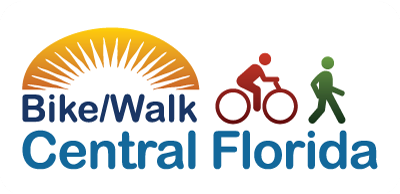How well does Florida do at supporting people walking and biking? According to the Safe Routes to School Partnership (SRTS), pretty well. The partnership recently released its 2020 state report cards.

They offer a snapshot across a number of categories. For 2020, Florida scored the fourth highest of all 50 states, thanks largely to funding of active transportation and safe routes to school program funding and supportive practices.
The SRTS introduction acknowledged the challenges all states are facing during the pandemic: “This report is being written during the COVID-19 pandemic, a challenging time for communities around the country with great uncertainties for individual and communal health and wellbeing. While we may not know what tomorrow brings for many aspects of our daily lives, we do know that we need safe places to walk, bicycle, wheel, and be physically active—now more than ever.”
The report cards primarily look at state policy, focusing on four key areas:
- Complete Streets and Active Transportation Policy and Planning,
- Federal and State Active Transportation Funding,
- Safe Routes to School Funding and Supportive Practices,
- and Active Neighborhoods and Schools.
The good news is that the report says “Florida is making strides” toward its support for walking, bicycling and active communities. Overall, Florida scored higher than all states except California, Massachusetts and Minnesota. Florida scored its highest marks in safe routes to school funding and supportive practices, followed by federal and state active transportation funding.
Florida received its lowest marks when it comes to active neighborhoods and schools. This includes shared use of school facilities, school siting and design, physical education and dedicating state staff to physical activity in schools.
And although Florida has adopted a state DOT Complete Street policy, it also scored lower marks in having a strong state Complete Streets policy. The report used the National Complete Streets Coalition measurements to rate the strength of the states’ policies. The elements include factors such as how binding the policy is, what mechanisms for accountability are built in, how the policy is designed to advance equitable communities and whether the policy is designed to encourage meaningful implementation.
The full report with detailed explanations to how scores are given can be found here.

